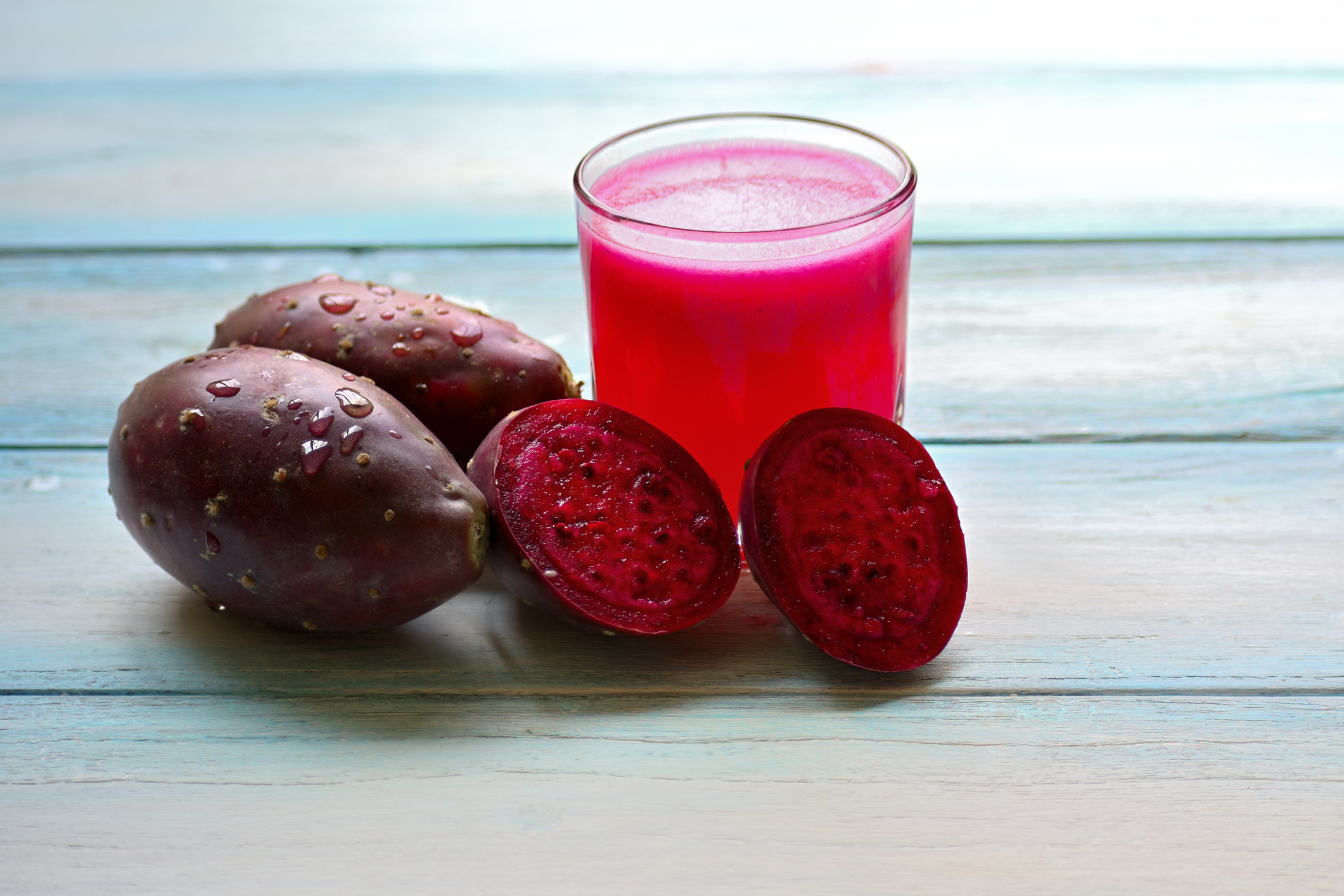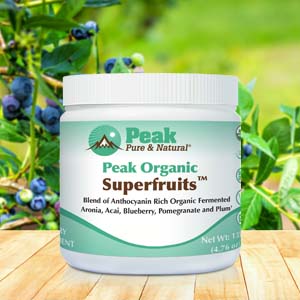Get Easy Health Digest™ in your inbox and don’t miss a thing when you subscribe today. Plus, get the free bonus report, Mother Nature’s Tips, Tricks and Remedies for Cholesterol, Blood Pressure & Blood Sugar as my way of saying welcome to the community!
Prickly pear: The cactus fruit that lowers cholesterol

Most of us know that high LDL cholesterol and low HDL are associated with poor health. After all, why else do we submit to bloodwork to check our cholesterol during our yearly physicals?
However, while the message that cholesterol issues and heart disease go hand in hand has been trumpeted by the medical community for decades, the truth that high cholesterol can damage other aspects of your health as well has been largely overlooked.
Beyond your heart
In fact, in addition to the heart problems that can arise with high cholesterol, the condition is also associated with:
- Gallstones — High cholesterol means that your body is also more likely to form gallstones that can block the bile ducts in your gallbladder and land you in surgery.
- Cramps, tingling, numbness and spasms — If the fatty deposits in those blood vessels block blood flow to your extremities, you can experience cramping, tingling, numbness and even muscle spasms in your legs, feet, arms and hands due to peripheral artery disease (PAD).
- Headaches — Cholesterol deposits can even block blood flow in the vessels in the vessels leading to your skull. Symptoms often present as headaches and pain at the back of your head. High cholesterol is also associated with more severe and frequent migraines.
- Impotence — If fatty deposits build up in the blood vessels that supply the penis, achieving and sustaining an erection may become difficult or impossible.
Clearly, high cholesterol can affect numerous areas of your health in a very negative way.
And sadly, things don’t get a lot better if you’re living with high cholesterol and are prescribed medication to help.
That’s because the statins used to treat the condition come with side effects that aren’t much different from the damage caused by cholesterol issues, including sexual dysfunction and feelings of tingling, pins and needles. Side effects can even encompass liver damage, stomach pain and memory problems.
Yikes!
No wonder so many people with high cholesterol are searching for natural ways to normalize their numbers so they don’t have to worry.
And luckily, there’s good news on that front…
Since cholesterol issues are so common, researchers spend a lot of time and energy looking for ways to help and recently, they found one…
Improving total and LDL cholesterol
The scientists set out to comb through the research to determine the effects of prickly pear fruit on blood markers for cholesterol.
If you haven’t heard of it before, prickly pear is actually the nopales cactus, which produces neon purple fruits that Simply Recipes says, “tastes like a cross between all-natural bubble gum (if indeed there is such a thing) and watermelon.”
The team eventually narrowed their research down to 11 studies and separated their results into the effects provided by the prickly pear fruit itself or the leaves and stems of the prickly pear cactus.
And here’s what they found…
In healthy and obese people as well as those with metabolic illnesses, specifically type 2 diabetes and metabolic syndrome, consumption of prickly pear was associated with:
- A significant reduction in total cholesterol
- Decreased LDL (bad cholesterol)
The consumption of the stems and leaves on the other hand resulted in only small changes in cholesterol, with one study reporting a significant increase in plasma HDL-C (good cholesterol).
In other words, while the stems and leaves may help boost the good, if you’re trying to get your high numbers under control, prickly pear fruit is the way to go.
The scientists believe these differing effects may be due to the variations in composition between the fruit versus other parts of the cactus, such as fiber levels. This makes sense, since according to the Mayo Clinic, fiber may help lower both total cholesterol and LDL levels.
So if you want to lower your cholesterol without turning to dangerous statin drugs, prickly pear fruit may just hold the answer you’ve been looking for. You can add it to your daily diet in supplement form or find the fruit itself in your local grocery store or farmers market to make everything from prickly pear juice to a yummy sauce for fruit salads. For advice on how to get started, our friends at Simply Recipes can help!
Editor’s note: While you’re doing all the right things to protect your brain as you age, make sure you don’t make the mistake 38 million Americans do every day — by taking a drug that robs them of an essential brain nutrient! Click here to discover the truth about the Cholesterol Super-Brain!
Sources:
- The effects of Prickly Pear fruit and cladode (Opuntia spp.) consumption on blood lipids: A systematic review — AHPA Science Alert
- Dietary fiber: Essential for a healthy diet — Mayo Clinic
- How to Cut and Prepare Prickly Pears — Simply Recipes
- Cholesterol: High Cholesterol Diseases — Cleveland Clinic
- Understanding Cholesterol Problems: Symptoms — WebMD
- Certain type of migraine may contribute to high cholesterol — PPM
- Migraine Intensity, Frequency Linked to High Cholesterol — National Headache Foundation
- Side effects –Statins — NHS
- High cholesterol — Mayo Clinic
- The new oil on the block that gives olive oil stiff competition — Easy Health Options














